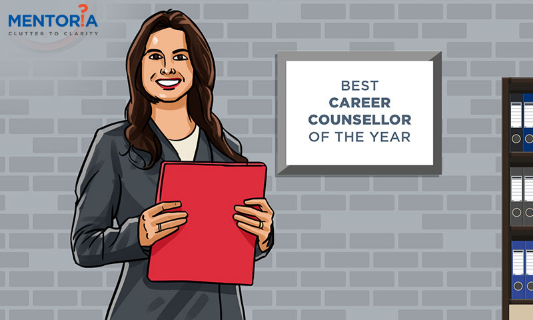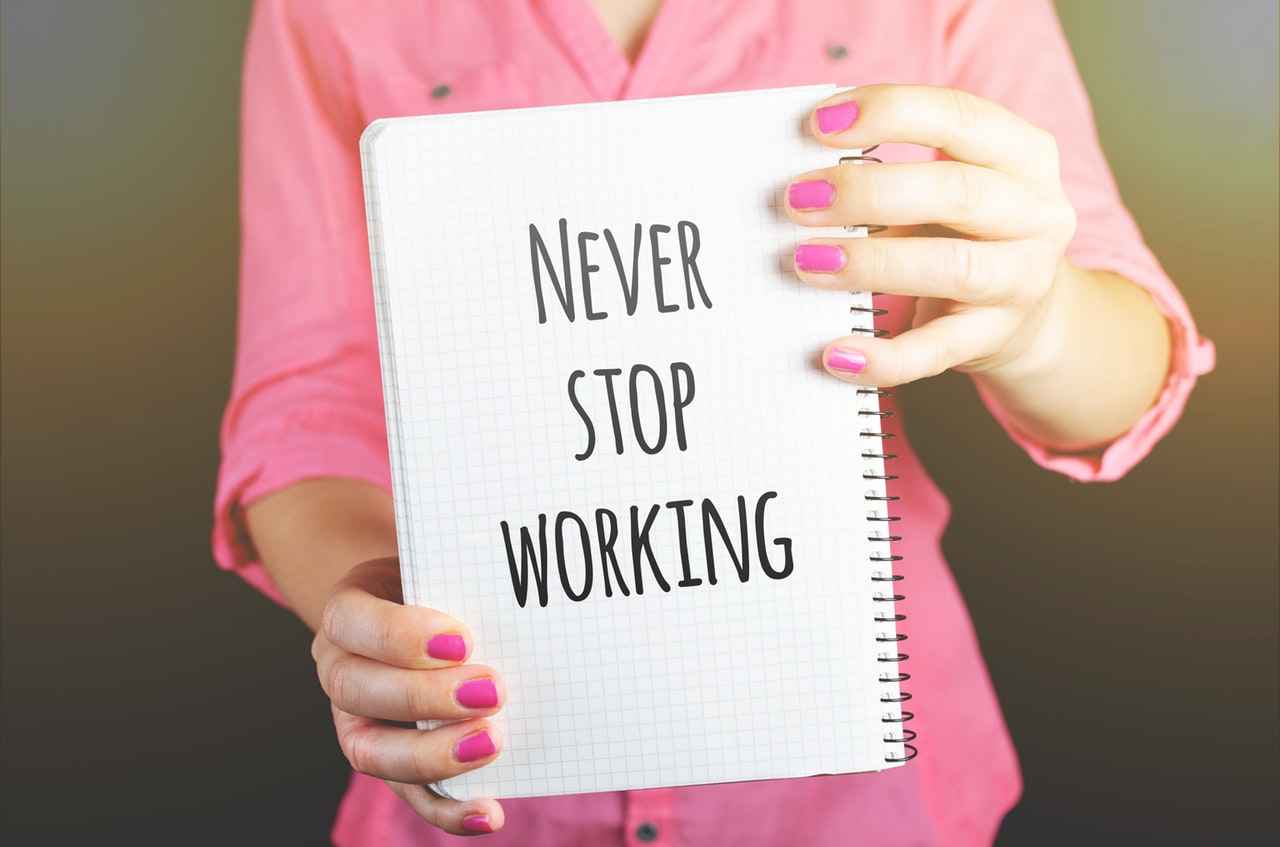9 Skills Guaranteed to Make You a Brilliant Counsellor

Jump to Section
Simona Binoy, Senior Copywriter with a media agency, remembers her first visit to a counsellor, but with a shudder. “He tried ‘treating’ my sexuality by advising me to watch pornography to get me interested in men,” shares Simona, who is open about her sexuality.
“As soon as the session ended, I ran outside and started yelling at my sister (who had introduced me to the counsellor) for making me feel like that. I felt so unsafe,” Simona recalls. Things got worse after that. “I was violent, disturbed, didn’t understand what was happening. Then, I hit rock bottom and realised I need to give counselling another shot,” Simona says.
Some tests and a session with another counsellor revealed that Simona was bipolar. She began meeting her counsellor on a weekly basis. “My new counsellor was very patient and understanding. She said her job was to help (not judge), which she did through constructive dialogue and by providing me with a safe space,” says Simona.
People are at their most vulnerable during counselling sessions – they face their demons, doubts and worst fears; they bare their soul. Only a skilled counsellor would be able to effectively extend a helping hand in their times of need – be it mental health issues or career advice.
In today’s world, stress levels are running high, and one in every ten Indians is suffering from mental illnesses. There’s a dire need for good counsellors, but what qualifies as ‘good’? Let’s take a look!
The makings of a good counsellor
“A good listener,” says Prema Balasubrahmanyam, a marriage, family and child psychotherapist. Manisha Bapna, head counsellor at Mentoria says, “A good counsellor shouldn’t be judgemental, and should have a sound understanding of confidentiality and professional boundaries. Other qualities like resilience, patience, a genuine interest in your clients, and more importantly empathy will help you understand and help your client better.”
While each counsellor swears by their individual process, there are certain common skills that help you conduct a great counselling experience. Let’s look at these skills to see how they affect a session.
1. Create a comfortable environment to help people open up

Counselling is about communicating. It’s not easy to get clients to talk, especially about personal issues. You have to come up with ways to help them open up; like asking open-ended questions, encouraging them when they’re talking about a difficult situation, clarifying and reflecting upon what they say. This will let them know you’re listening, and eventually make them feel comfortable opening up to you.
2. Listen to more than what is said

Clients tend to cherry pick what they want to reveal. To get to the root of the problem, you will have to rely on body language, vocal cues, eye contact and hand gestures. You need to watch how they react to various situations – what makes them shift in their seat, what makes them look away, or what causes them to mumble or stammer?
3. Accept. Accept. Accept.

Keep an open mind. Your job is to understand what the client is going through, not judge them for their choices. Accept your client with an open and non-judgemental mind, so you can meet them where they are, instead of where you think they should be. You need to ensure that you don’t let any of your preconceived notions or biases get in the way while listening to them.
4. Know yourself before getting to know your client

Before you try and understand where your client is coming from, you need to understand where you stand. Understand what your triggers and biases are; it will help you recognise and avoid them during sessions. The best way to go about this is introspection. What are you biased about? What makes you uncomfortable? Why? You will find it hard to keep an open mind towards your client if you don’t know where you stand.
5. Come up with creative solutions

As psychology is a nuanced science, all problems do not have textbook solutions. Often, you need to rely on your understanding and discretion to help a client. Learn to recognise negative thought patterns and loops, and come up with solutions and advice while keeping in mind that each client is different. Certain cases and clients need more time or help. Ensure that you consider all aspects of a situation before you approach it with a solution.
6. Put yourself in their shoes

It is not necessary for you to intimately understand a problem to help someone solve it. Even if you haven’t been in a similar situation, learn to look at it from their perspective. This shift in outlook will help you understand your client better. Empathy towards your client will help you know more about them, and help you help them better.
7. Don’t maintain the same approach for all your clients

Most counsellors have a set way to get to the root of a problem and solve it. But this process might not work with all of your clients. You need to learn how to be flexible. Step out of your comfort zone, and stay updated with the latest techniques. Don’t overlook non-traditional solutions like music and art; you’d be surprised how often they can help with a breakthrough. It’s best to be open to experimentation.
8. Maintain a professional relationship with your clients

The nature of your work will often lead you to a crossroads. A client and counsellor’s relationship is discrete. You have to honour your client’s confidentiality and privacy. While your conversations may steer towards mutual-sharing, stick to talking about the client. It’s best to maintain certain boundaries so that your client sees you as a professional.
9. Be passionate about what you do

Your love for helping people will help you get your client through the darkest of hours. Instead of treating it as just another job, show genuine interest in your client’s progress. Your dedication to helping will separate a good counselling session from a brilliant one.
While these skills will help you, you need to keep polishing and updating your skills from time to time. Sign up for workshops, meet up with fellow counsellors, and see where the world of counselling is headed. Give it your all and you will pave the way for a brilliant career in counselling.






